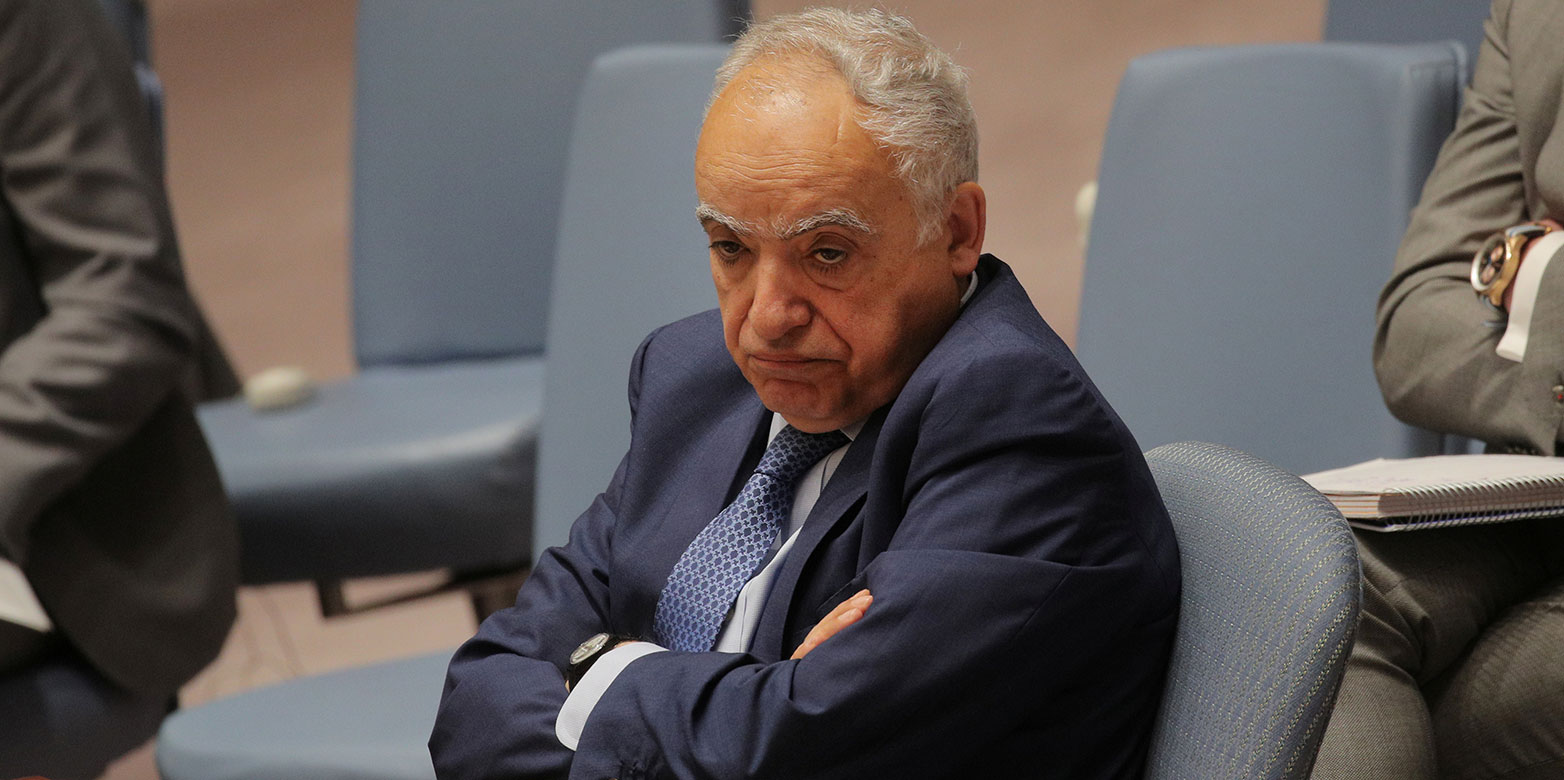UN Mediation in Libya: Peace Still a Distant Prospect
This CSS Analysis by Lisa Watanabe argues that over the past five years, the Libyan conflict seems to have defied mediation efforts, which could have dire consequences not just for Libyans, but also for Libya’s neighbors and Europe. Despite its shortcomings, the UN’s approach remains the dominant framework for finding a political solution. Even with an improved design, the UN process will continue to falter as long as relevant regional and international actors work at cross purposes.

To CSS Analysis 246
Five years after the outbreak of civil war, Libya remains a divided country. Forces loyal to the UN-backed unity government in Tripoli are currently engaged in fighting with those of former army general Khalifa Haftar, after the latter launched an offensive to capture the capital and oust the Tripoli-based unity government. Due the deteriorating security situation in the country, a national dialogue to reconcile Libya’s factions has been postponed, and the elections that were supposed to follow now look like an even more distant prospect. Trying to impose a military solution to the conflict is unlikely to succeed, however. As long as there is no consensus on governance and security sector arrangements among key political factions and al¬lied militias, disputes between them will persist and continue to destabilize the country.
Read more